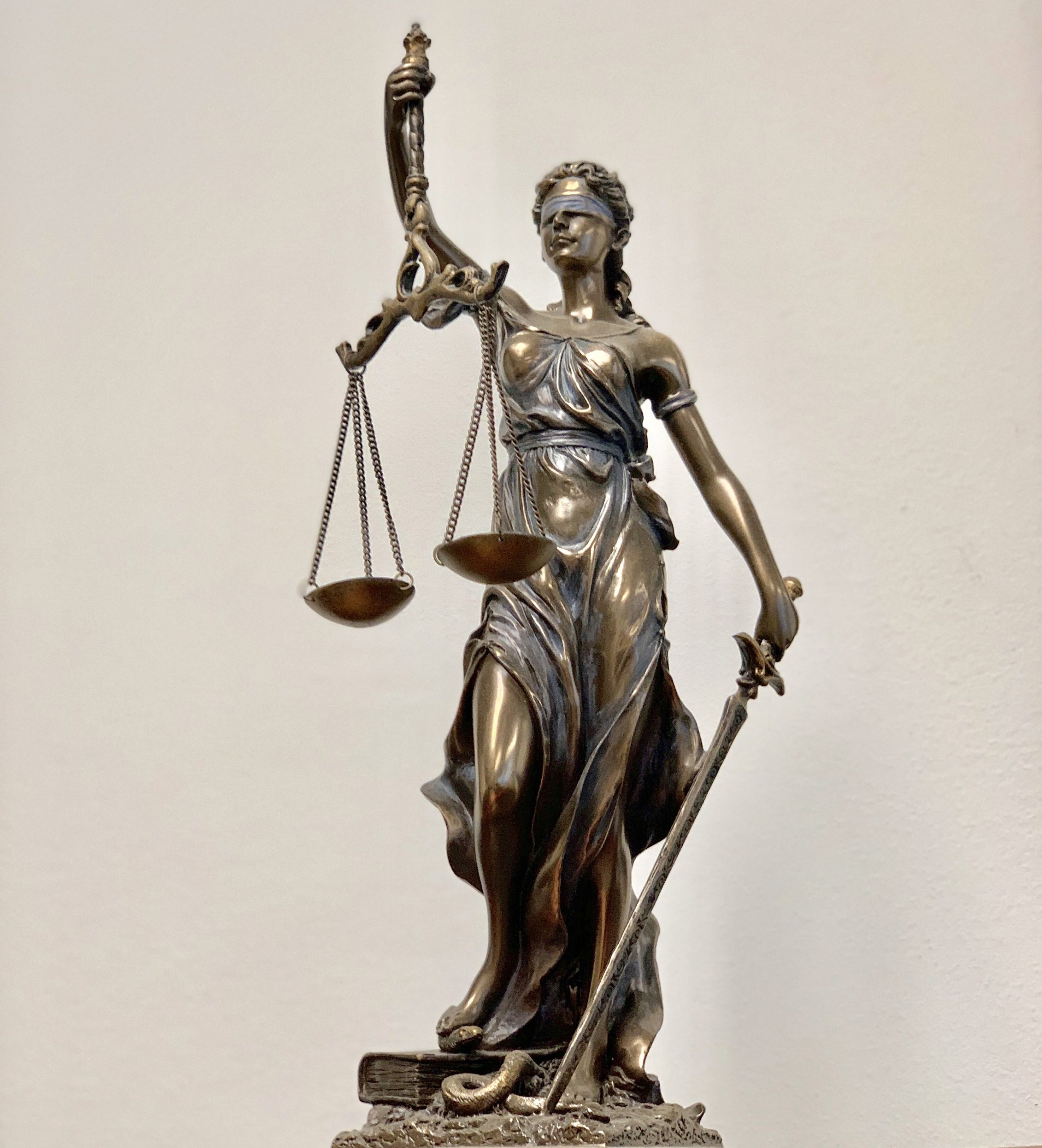- Free Consultation: 888.589.9994 Tap Here To Call Us
Negotiating With Prosecutors

Negotiating a criminal case resolution with the Los Angeles District Attorneys (DA) office can be a complex and problematic process. The California criminal court system is known for its strict sentencing guidelines, high conviction rates, and heavy reliance on plea bargaining. This can present a number of issues for defendants and their attorneys when attempting to negotiate a favorable resolution to a criminal case.
One major issue that arises when negotiating with the Los Angeles DA’s office is the lack of transparency in the plea bargaining process. Plea bargaining is the process by which defendants and prosecutors negotiate a plea agreement in which the defendant pleads guilty to a lesser charge or to a reduced sentence in exchange for a dismissal of more serious charges. However, the plea bargaining process is often shrouded in secrecy, with defendants and their attorneys having little insight into the evidence and reasoning behind the prosecution’s offers. This can make it difficult for defendants and their attorneys to make informed decisions about whether to accept a plea agreement or to proceed to trial.
Another issue that arises when negotiating with the Los Angeles DA’s office is the pressure to accept a plea agreement. The criminal justice system in California is heavily reliant on plea bargaining, with the vast majority of criminal cases being resolved through this process. This can put pressure on defendants and their attorneys to accept a plea agreement even if it is not in their best interest. Prosecutors may also use the threat of harsher charges or a longer sentence if the case goes to trial as leverage to get defendants to accept a plea agreement.
The Los Angeles DA’s office is also known for having a high conviction rate, which can create a bias towards conviction and can make it difficult to negotiate a fair resolution to a criminal case. Prosecutors may be more likely to pursue harsher charges and sentences in order to secure a conviction, rather than working towards a fair and just resolution of the case. This can put defendants in a difficult position, as they may feel like they have little choice but to accept a plea agreement in order to avoid the risk of a harsher sentence if they are convicted at trial.
Additionally, the Los Angeles DA’s office has a reputation for being tough on crime and for pushing for harsher sentences. This can lead to prosecutors being less willing to negotiate for leniency or reduced sentences, making it harder for defendants and their attorneys to reach a fair resolution of the case. This can be particularly problematic for defendants who are facing serious charges, as they may be at risk of receiving a harsher sentence if they are convicted at trial.
Furthermore, lack of access to legal representation for defendants has inherent problems that arise. Many defendants in the Los Angeles criminal justice system cannot afford to hire a private attorney, and must rely on public defenders. Public defenders are often overworked and underfunded, which can make it difficult for them to provide the level of representation that defendants need. This can put defendants at a disadvantage when negotiating a plea agreement or preparing for trial.
Finally, the California criminal court system is known for its strict sentencing guidelines, which can make it difficult for defendants to negotiate a lenient sentence. Sentencing in California is determined by a complex set of factors, including the defendant’s criminal history, the severity of the crime, and the specific circumstances of the case. This can make it difficult for defendants


















